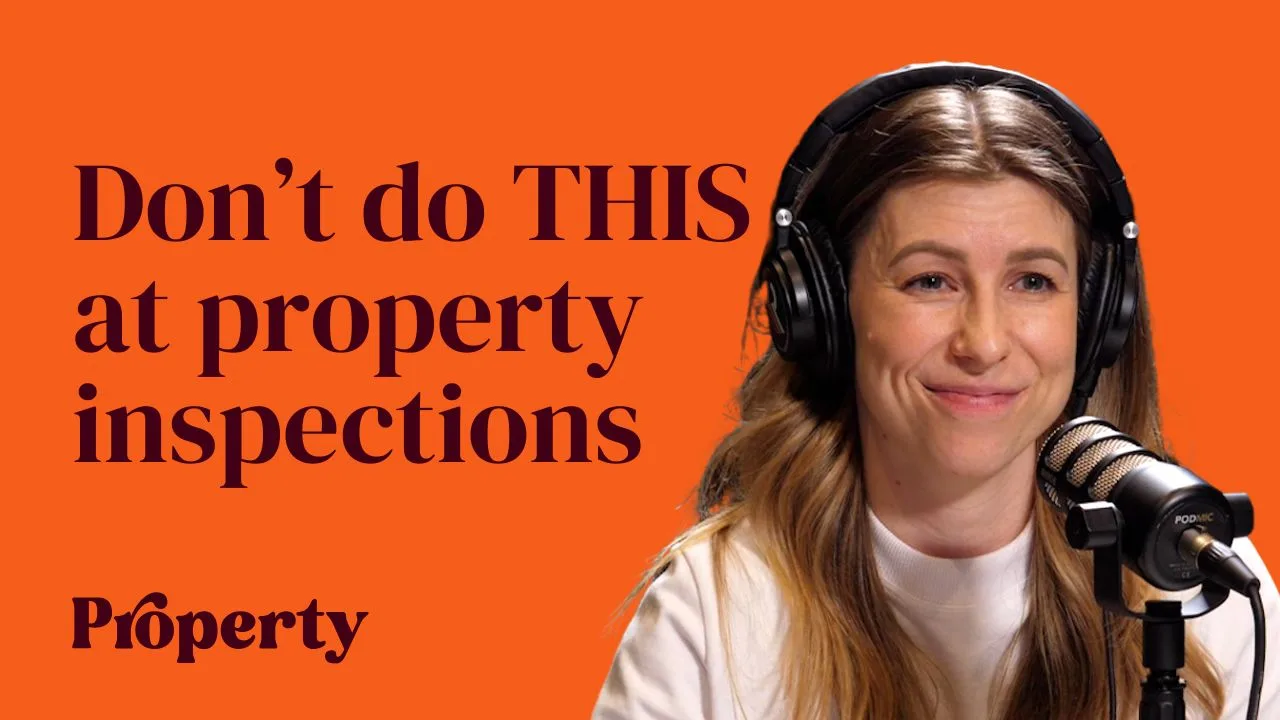Welcome to the latest edition of 2 Sense on the Australian Property Podcast, where we break down the biggest news headlines of the week and tell you what this really means for you.
Mortgage Broker Chris Bates and Buyer’s Agent Pete Wargent discuss the housing shortage forcing people to turn to granny flats, property investors driving a mortgage rebound, and why 1/3 of builders are losing money.
Story 1: Desperate Aussies turn to granny flats
- CoreLogic economist Eliza Owen notes the following reasons why the rental market is still so high: (1) a shortfall of rental listings at a time when people are once again migrating to Australia in big numbers, (2) a growing desire among people post-pandemic to live in bigger homes with fewer people and (3) shortfall in investors building new properties for renters as interest rates have risen.
- Not such good news for renters in the short term as there’s going to be some pain as we continue to see strong flows of net overseas migration.
- What’s next?
Story 2: Property investors drive mortgage rebound
- According to the Australian Bureau of Statistics (ABS), overall mortgage commitments rose by 2.2% in August, with owner-occupier commitments rising by 2.6% and investor mortgage commitments rising by 1.6%. The rebound in overall mortgage growth is being driven by investors, with the value of investor commitments almost back at the 2015 peak.
- While a higher than usual share of investors are selling, there are also more investors purchasing
- The situation facing property investors should also improve over the coming year given the rental market is experiencing record tightness, population growth is booming, prices are rising, and reduced construction levels.
- What’s next?
Story 3: A third of large builders are losing money
- Despite talk of greedy developers, many are going bust, and a third of larger developers are burning negative cashflow according to the FSR released by the Reserve Bank of Australia.
- Materials cost inflation slowed to 0.2% in the September quarter (Coredell), but wages are still under pressure due to skills shortages across the construction sector because of thin margins, leverage, rising interest rates, and soaring costs.
- It is expected to have more insolvencies, undersupply, unit rents to rise, and units to outperform for the next year or two in the capital cities.




